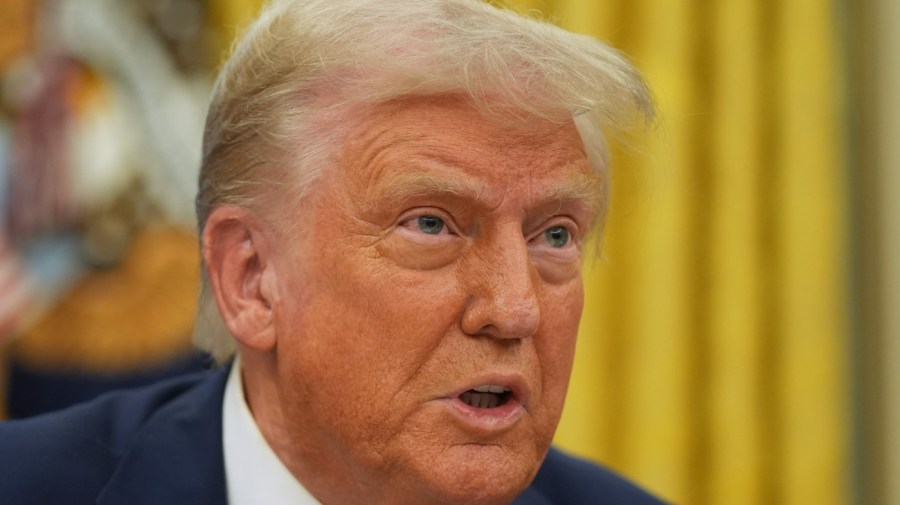Former President Donald Trump has once again clashed with the media, this time targeting The Wall Street Journal for their criticism of his tariff policies. The confrontation highlights the ongoing debate over Trump’s economic approach and its impact on the U.S. economy.
Key Points:
Trump criticized The Wall Street Journal, calling them “always wrong” for their stance on his tariff policies. The Wall Street Journal reportedly described Trump’s tariffs against U.S. neighbors as leading to the “dumbest trade war in history.” This dispute reignites discussions about the effectiveness and consequences of Trump’s trade policies during his presidency.
Background:
Trump’s presidency was marked by significant changes in U.S. trade policy, particularly the implementation of tariffs on various imported goods. These policies were intended to protect American industries and reduce trade deficits, but their effectiveness has been debated.
Impact and Importance:
Economic Effects: A study suggests that Trump’s trade policies, particularly those targeting China, may have cost the U.S. economy nearly a quarter million jobs. Global Trade Relations: Trump’s aggressive tariff strategy has had lasting effects on U.S. relationships with trade partners, including neighbors like Canada and Mexico. Political Discourse: The ongoing debate over tariffs continues to shape political discussions and economic policy proposals.
Multiple Perspectives:
Supporters of Trump’s tariff policies argue that they protect American industries and jobs. Critics, including some economists, contend that tariffs can lead to higher prices for consumers and potential job losses in industries affected by retaliatory tariffs.
Fact Check:
It’s important to note that Trump has a history of making false or misleading statements, including those related to economic policies. The Washington Post documented over 30,000 false or misleading claims during his presidential term.
Conclusion:
The dispute between Trump and The Wall Street Journal over tariff policies underscores the ongoing debate about the effectiveness of protectionist trade measures. As the 2024 election approaches, trade policy is likely to remain a significant point of discussion and disagreement among political figures and economic experts.









